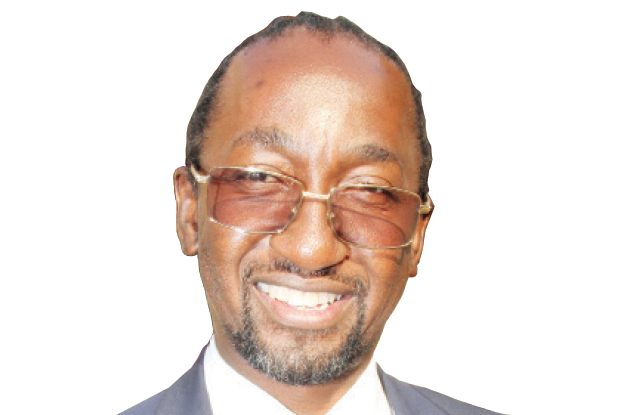EDITORIAL COMMENT: Position on indigenisation spot-on

The new Minister of Youth Development, Indigenisation and Economic Empowerment, Patrick Zhuwao, has brought a fresh impetus to the indigenisation agenda.
It is a national programme designed to bring the historically dispossessed and marginalised black majority into the mainstream economy as owners of business. Also, it is meant to ensure that local communities, who since time immemorial only watched as precious minerals were extracted from the ground in their vicinities and carted off to Europe and America to enrich those continents while they remained poor and their lands getting degraded, collectively benefit directly from their natural resources.
Since his appointment a few weeks ago, Minister Zhuwao has been meeting key groups countrywide outlining his vision which, needless to say, is guided by the law and aspirations of the people. He asserted on Friday, as we reported yesterday, that there is no going back on the indigenisation programme.
“Apart from the Act itself,” said Minister Zhuwao, “indigenisation is enshrined in the Constitution first and foremost, and secondly, this government was elected on a Zanu-PF manifesto premised on indigenisation and economic empowerment.
“There are people who believe that the Indigenisation Act will be repealed, but when the President set the legislative agenda of the Third Session of the Eighth Parliament, the Indigenisation and Economic Empowerment Act was not on the agenda.”
He added: “We have national leadership that is often compromised at international workshops and seminars where they make pronouncements that the Act will be watered down. You cannot water the law down like it is Mazoe (orange drink). It is either repealed or enforced.”
We welcome his clarification as some in positions of authority, prospective investors and ordinary Zimbabweans who most regrettably aspire only for jobs and not for being employers, were beginning to think that in the government’s spirited drive to attract foreign direct investment, there could be a slowing down in the implementation of the indigenisation policy.
These people are wrong. Indigenisation is imperative because its goals are of national significance. A policy that wins an election for a party is not one to tamper with as indigenisation did to Zanu-PF in the July 31, 2013, election. In that election, the party scored its most resounding victory since 1980. As the land reform programme before 2013, black economic empowerment clearly resonated with the masses, hence the crushing success.
Therefore, to recant the indigenisation agenda is no different from recanting the land reform programme. It is unthinkable. Doing so would be to commit a fatal mistake. It would be a massive national swindle since the electorate voted in their millions for Zanu-PF because of the party’s promises on indigenisation and economic empowerment.
Where there were misconceptions, the government, before Minister Zhuwao’s appointment, had clarified them, explaining that while the fundamental agenda would not be dropped; empowerment laws are only relevant in resource-based transactions. Even in these transactions, the responsible minister is empowered by the law to sanction exemptions.
More than 1,216 empowerment transactions have been approved since the promulgation of the Act in 2008, while $134,5 million in pledges for Community Share Ownership Trusts had been made, with $38,3 million of the money being released.
Through community share ownership trusts, entire communities now have access to clinics near their homes, schools for their children within walkable distances and roads in their areas. Through employee share ownership schemes, some workers are now shareholders in big companies like BAT Zimbabwe and Schweppes Zimbabwe. These are direct, real benefits that the indigenisation programme has availed.
The minister also pointed out that a 10 percent indigenisation levy could be imposed on companies to contribute to the effort to generate resources to fund the indigenisation programme. The law already permits that. He said about $93 million can potentially be raised annually through the levy if it is effected.
Our people are generally short of money to invest in big businesses, particularly in the capital-intensive extractive sectors. Money has to come from somewhere and the levy could be one sure source for it.
One big challenge in terms of effecting the important tax is on the timing. It is encouraging that Minister Zhuwao did not declare a date outright, saying his ministry needs to secure the concurrence of that of finance.
We think the imposition of the levy could be held back for a little longer as companies across the board are already struggling to survive in a very difficult economy. Many of them are operating at far below capacity, are failing to pay workers and have mounting tax obligations to the Zimbabwe Revenue Authority.
The levy can be put in place at a stage where ongoing efforts to grow the economy begin to show sustainable results.










Comments